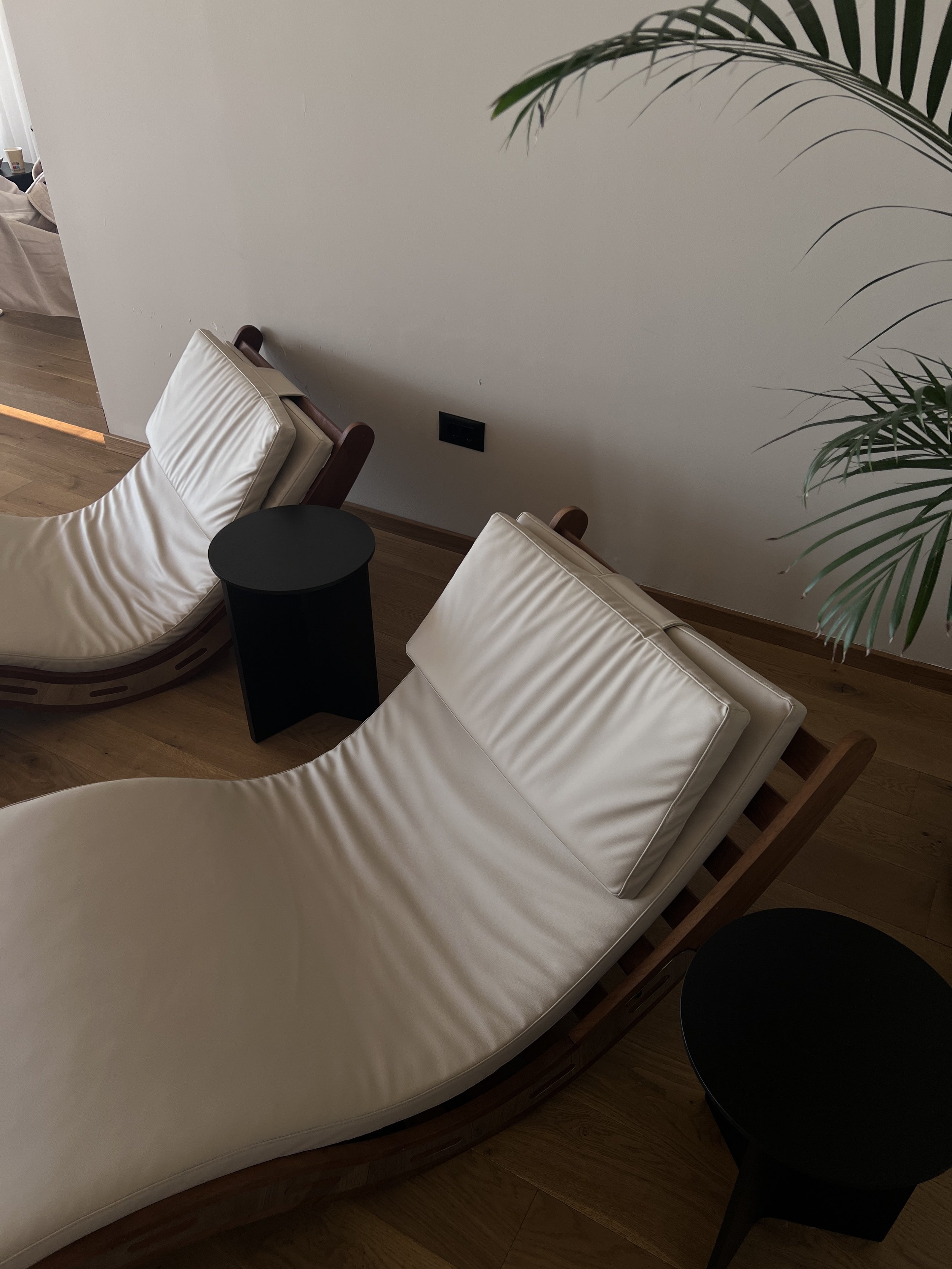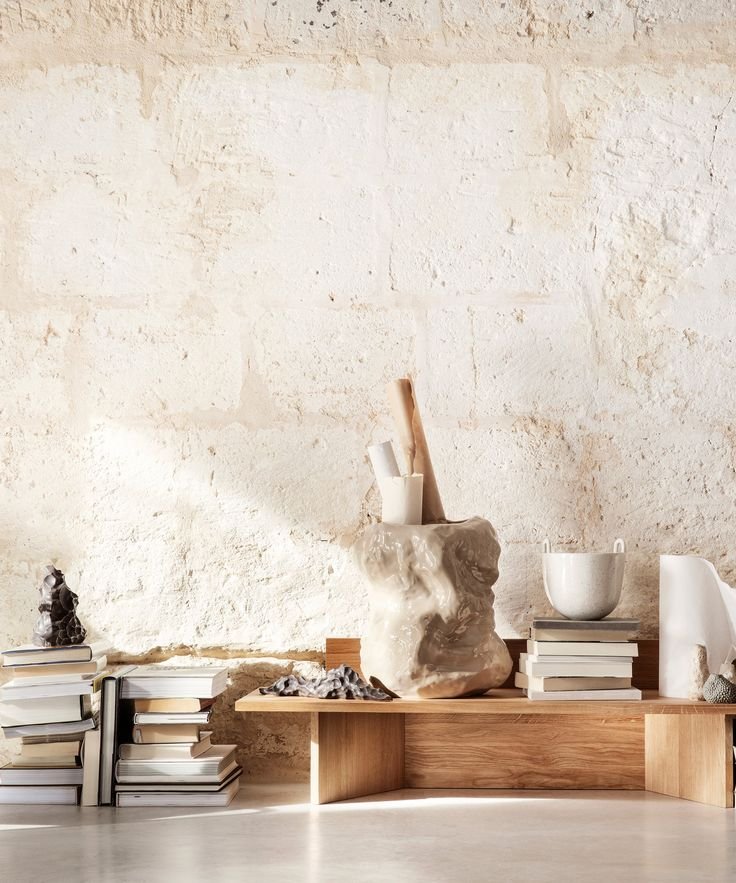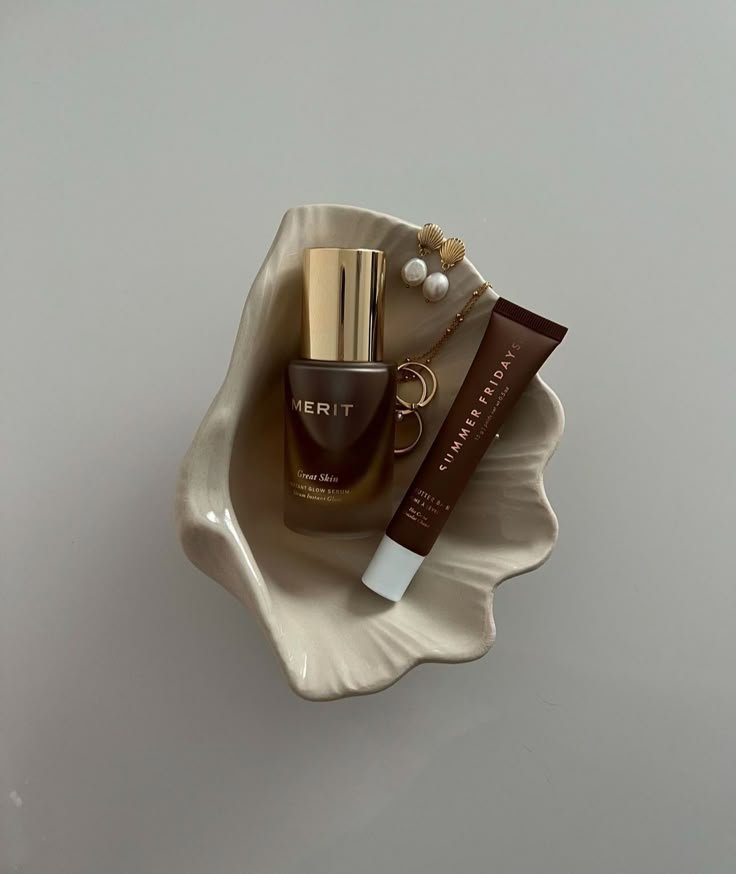BOUNCING BACK FROM BURNOUT
I don’t think it comes as a surprise to anyone, but lately, I’ve been feeling like I’ve been running on empty. No matter how early I went to bed or how much caffeine I consumed, I couldn’t shake the mental fog or the weight of constant stress. I was still ticking boxes on my to-do list, still showing up, but I didn’t really feel present in anything, nor could I barely remember any of it. It was more than exhaustion. It was true burnout.
Burnout can creep in slowly and is often disguised as busyness or ambition. But when your creativity fizzles, your energy plummets, and even things you love start to feel like chores, it’s time to pay attention. That’s what happened to me, and it was truly a bummer. And for once, instead of trying to push through it, I reached out for help. I let people know what was happening, asked for help with chores and tasks, and even consulted medical doctors and wellness experts for advice. Once medical issues were counted out, the message was clear: burnout isn’t something to power through. You have to recover from it.
Here are three tips that have helped me start to reconnect with myself. These simple, powerful shifts are helping me rebuild energy, protect my peace, and feel inspired again.
Stop Overscheduling
It sounds obvious, but when you’re burned out, your calendar becomes your enemy. I always prided myself on how much I could get one in one day, much of it before others are even awake. From meetings to deadlines, social plans, and errands, I thought being busy was being productive and was a good thing. But my nervous system had a different opinion. Someone once mentioned that a calendar shouldn’t make you feel anxious or like a cage. I tried everything from the Eisenhower Matrix to color-coded Post-It Notes, but nothing seemed to help.
Then I was recommended Tiimo, a productivity app for sufferers of ADHD. Something suddenly clicked. With the ‘to-do’ list feature, I am able to audit my entire week before it even starts by spilling out everything I need to do. Then I can ask myself: What is essential, what is energizing, what can wait, and how long can I put effort into something? Then I schedule tasks as needed, and Tiimo has a built-in focus timer that tells me when I need to start something and when to move on to the next thing. This helped me schedule chunks of time, not just tasks. That extra white space on the calendar? Breathing room for my brain.
Build In Mental Breaks
Recovering from burnout isn’t just about getting more sleep. It’s about rest, and yes, there is a big difference. Mental rest is about creating moments in the day where your brain isn’t “on.” I was suggested something called “micro-breaks.” These are short, 5 to 10-minute breaks every couple of hours for unplugging. No screens. No scrolling. Just pausing to breathe, stretch, and walk around. I started blocking 10-minute “reset” breaks in my day based on what is happening that day. If I have back-to-back calls, after the last one, I might take a break to get water, stretch, and decompress before jumping into something else right away. Other times, I might be head down in a project that just isn’t working, and that can signal it’s time to try something else.
These tiny moments don’t feel productive, which is a mental battle that can be a struggle, but they are essential. They slow down the mental spin and give my creativity (and problem solving) space to return. Rather than trying to rush through things to just get it done, I’m able to approach it with a clear mind and give it my full attention. As a result, mistakes are less frequent and I’m not insulting others by seeming as though I can’t be bothered. Plus, it helps with keeping my diet in check since I leave my devices in the other room to enjoy lunch, a snack, or a glass of water.
Take Boundaries Seriously
The most shocking thing to me was learning that burnout doesn’t come from doing too much; it often comes from doing too much for everyone else. Being constantly available, constantly responding, and constantly ‘on’ means heading straight for a crash. This doesn’t even just include work, it’s about life in general. I had to have a real conversation with myself about boundaries, and it made me realize I say ‘yes’ way too often. Which, ultimately, just means I was overextending myself, losing sight of what I needed to be doing, or just not protecting any downtime by filling that space with more tasks for others.
I still struggle with this one, but I’ve started to try and set ‘off’ hours and stick to them. With work, I try not to accept last-minute tasks unless I’ve completed everything I needed to do first. I try to turn off notifications the last hour of the day to have quiet, focus time that gets me wrapped up for the day and prepared for tomorrow. In my personal life, I try to say no with kindness and not suffer any guilt. It’s difficult, but boundaries aren’t walls. They are gates. They let the right energy in and keep the chaos out.
Final Thoughts
Burnout doesn’t mean you’re broken; it means you’ve been trying to carry too much for too long. If you’re in it, I see you. But coming out on the other side is possible. I’m still working on it every day and find myself trying to fall back into bad habits, but the trick is to start small and start slow. Let yourself and your health be the priority, not an afterthought. It’s a journey, but these small shifts have helped me start to feel like myself again. I feel less overwhelmed and more grounded. I’ve finally enjoyed writing posts again and I’m excited for what’s ahead.









